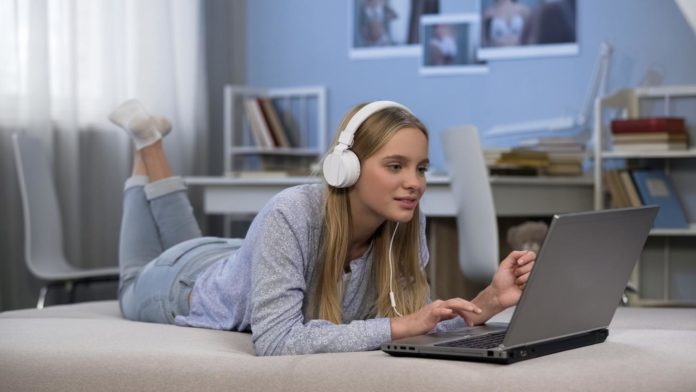Background music is an environmental stimulus known to influence cognitive performance, which has also been claimed to enhance people’s creativity for tasks involving spatial abilities such as drawing. However, there is limited empirical support for the claimed benefits of background music on creativity.
Psychologists from the University of Central Lancashire, the University of Gävle in Sweden and Lancaster University investigated the impact of background music on performance by presenting people with verbal insight problems that are believed to tap creativity.
They found that background music “significantly impaired” people’s ability to complete tasks testing verbal creativity – but there was no effect for background library noise.
During the study, scientists used three experiments involving verbal tasks in either a quiet environment or while exposed to:
- Background music with foreign (unfamiliar) lyrics
- Instrumental music without lyrics
- Music with familiar lyrics
The third experiment demonstrated that background music impaired CRAT performance regardless of whether the music induced a positive mood or whether participants typically studied in the presence of music.
Though, there was no significant contrast in the execution of the verbal assignments between the calm and library noise conditions.
Dr Neil McLatchie of Lancaster University said: “We found strong evidence of impaired performance when playing background music in comparison to quiet background conditions.”
Scientists noted, “this is because library noise is a “steady state” environment which is not as disruptive.”
“To conclude, the findings here challenge the popular view that music enhances creativity, and instead demonstrate that music, regardless of the presence of semantic content (no lyrics, familiar lyrics or unfamiliar lyrics), consistently disrupts creative performance in insight problem-solving.”
The study is published in the journal Cognitive Psychology.
